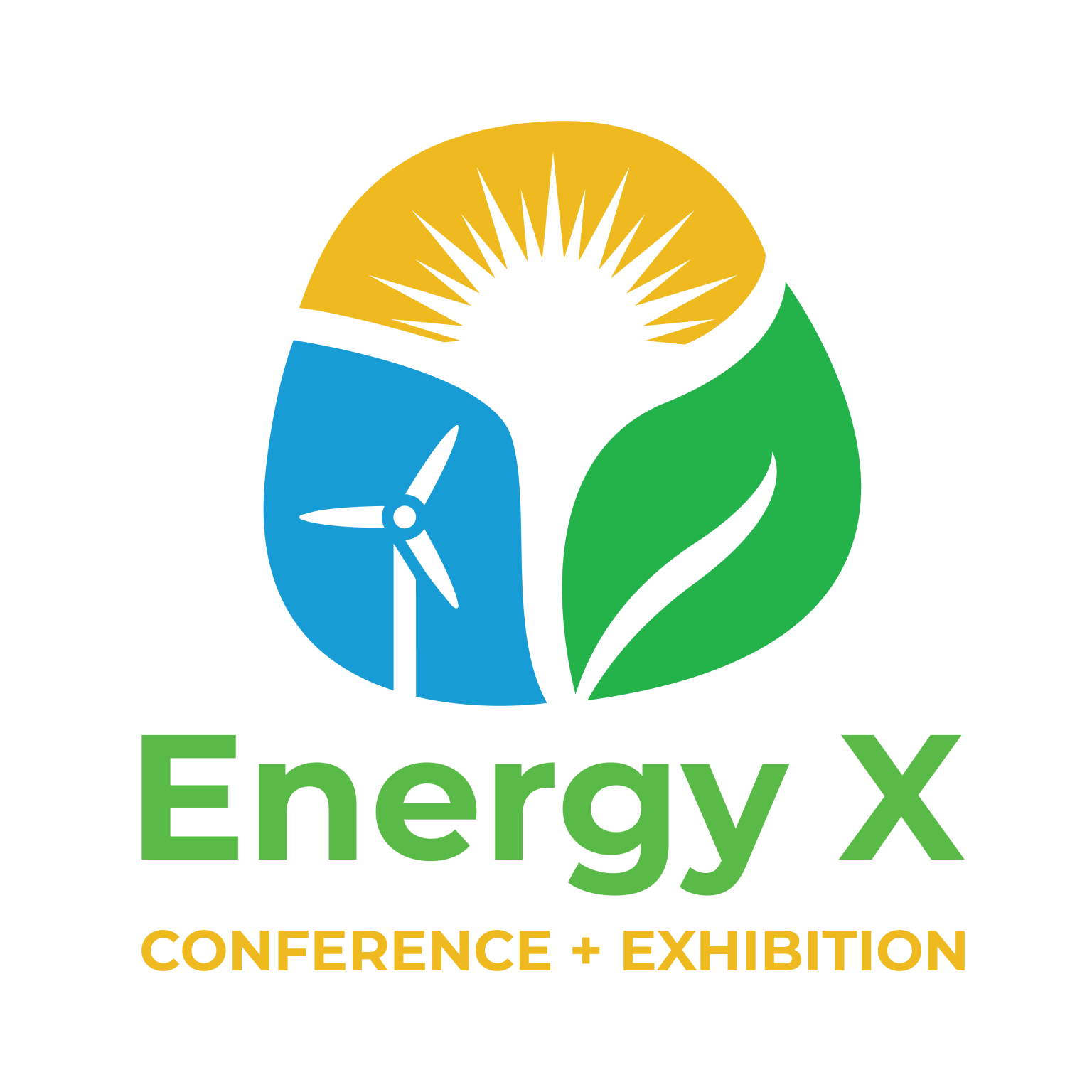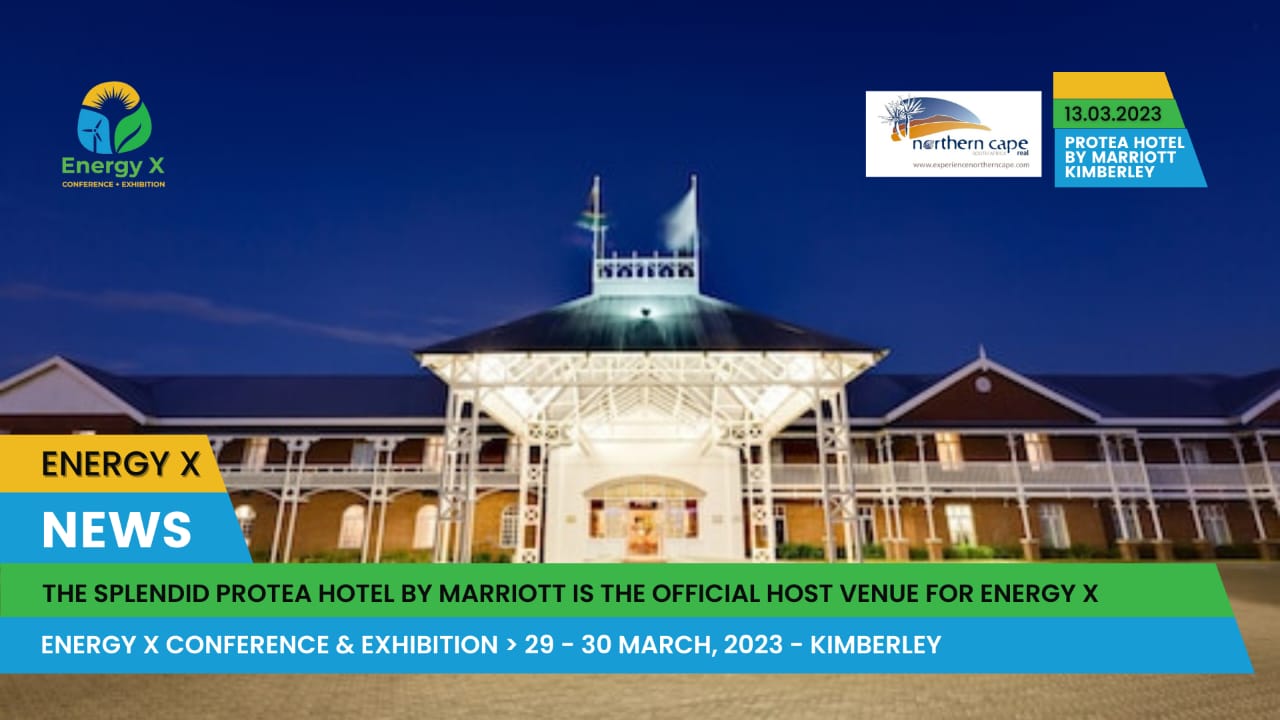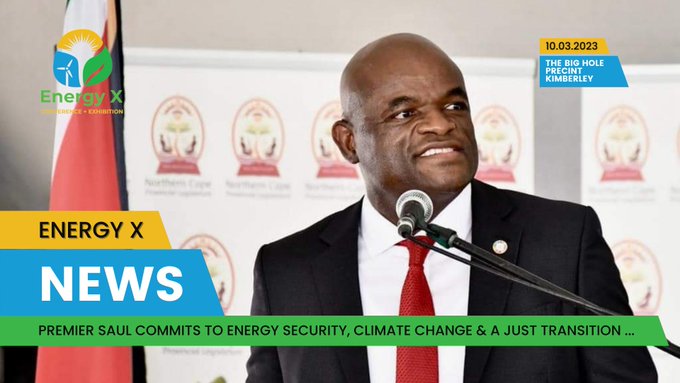The shortage of electricity in many African countries is equivalent to about 1% of the global average and if this energy poverty gap is to be bridged by renewable energy in line with carbon-neutral targets, Africa will need to deploy an additional 2 354 GW of renewable generation by 2050 to bring the continent up to the world average for electricity access and meet decarbonisation commitments, professional services firm PwC estimates.
This increase of nearly 40 times the current installed renewables capacity of 59 GW is estimated to cost Africa about $2.6-trillion – about the current size of Africa’s gross domestic product (GDP).
Exacerbating this is a rapidly changing global landscape, including climate change policy pressures, geopolitical tensions such as the Ukraine conflict, societal changes triggered by the Covid-19 pandemic and a greater awareness of planetary boundaries and social justice, PwC highlights.
However, it says Africa still has great energy potential, both in fossil fuel and renewable energy resources.
“The continent needs to optimise value from its fossil fuel endowments through a just transition to support the sustainable development of a green energy base. The potential for increased investment and foreign earnings from the export of fossil fuels, especially natural gas, is evident.
“Africa also has high-quality renewable resources across solar, wind, geothermal and hydro. Despite the quality of renewable resources, Africa has less than 1% of global installed solar photovoltaic (PV) capacity, as an example,” PwC points out.
“Addressing energy poverty and transitioning to green energy will be unaffordable to Africa if it is left to self-fund and forced to forfeit its fossil fuel endowment — or to phase down its fossil fuel sectors under global policy and market pressure.
“The developed world needs to support Africa’s energy growth as part of its just transition commitment. Although it has made significant commitments to climate reparations for Africa, the speed and scale of execution remains insufficient,” PwC Africa Energy, Utilities and Resources leader Andries Rossouw emphasises.
He says that, to turn the tide on the continent’s energy poverty and achieve a sustainable energy transition, a significant increase in energy sector investment is required.
More than 59 GW of installed capacity is present in Africa (based on the 2021 baseline). Hydropower and pumped storage, together, account for 63.8% of the continent’s installed capacity and provide most of the continent’s renewable energy.
Solar and wind installed capacity makes up 19.3% and 12.4%, respectively. The remaining 4.5% of the installed capacity is made up of various other renewable energy sources, including geothermal, biofuels and others.
However, renewable energy growth in Africa has slowed over the past five years, with lower growth attributed to disruptions in construction owing to Covid-19 and delays to South Africa‘s large-scale Renewable Energy Independent Power Producer Procurement Programme.
EDITED BY: CHANEL DE BRUYN
CREAMER MEDIA SENIOR DEPUTY EDITOR ONLINE




